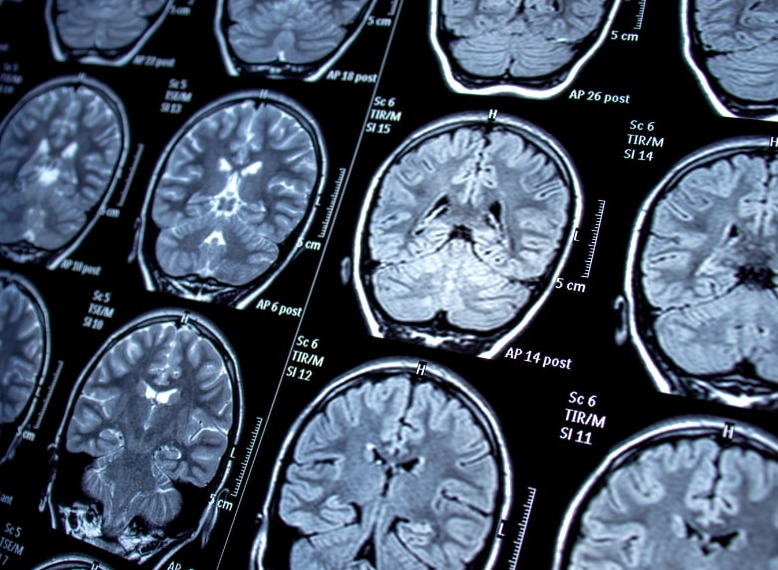- Home
- Share
- Forum
- Epilepsy Forum
- Research and useful tips - Epilepsy
- Wristband devices detect dangerous seizures in patients with epilepsy
Patients Epilepsy
Wristband devices detect dangerous seizures in patients with epilepsy
- 34 views
- 2 times supported
- 3 comments
All comments

lesmal
AmbassadorGood advisor
![]()
lesmal
Ambassador
Last activity on 18/04/2025 at 12:56
Joined in 2018
1,461 comments posted | 79 in the Epilepsy Forum
69 of their responses were helpful to members
Rewards
-
Good Advisor
-
Contributor
-
Messenger
-
Committed
-
Explorer
-
Evaluator
As an epilepsy sufferer, it would be interesting to have one and monitor the effect of the wristband.
As a patient that previously lived in Africa, these of course were never available and if so, were just far too expensive and out of one's price range. Medication alone wasn't even available.
Any research into epilepsy is always well appreciated; thank you.
See the signature
Les

Silvervixen
![]()
Silvervixen
Last activity on 08/02/2021 at 11:03
Joined in 2015
9 comments posted | 3 in the Epilepsy Forum
Rewards
-
Committed
-
Explorer
-
Friend
This would be amazing if it became a tool for every epilepsy sufferer. Here's hoping
See the signature
Silver vixen

Unregistered member
This would be amazin, im an epileptic sufferer myself and havin a 14 and 4 yr old it can be quite scary 4 them both. Everythin thats on the market now is to expensive for me.
Give your opinion
Survey
Survey
Members are also commenting on...
Articles to discover...
Medication fact sheets - patient opinions...
Subscribe
You wish to be notified of new comments
Your subscription has been taken into account








Margarita_k
Community managerGood advisor
Margarita_k
Community manager
Last activity on 07/10/2020 at 11:39
Joined in 2016
1,195 comments posted | 30 in the Epilepsy Forum
1 of their responses was helpful to members
Rewards
Good Advisor
Contributor
Messenger
Committed
Explorer
Evaluator
New research published in Epilepsia, a journal of the International League Against Epilepsy (ILAE), indicates that wristband devices may improve the detection and characterization of seizures in patients with epilepsy.
New devices are needed for monitoring epileptic seizures, especially those that can lead to sudden death. While rare, "sudden unexpected death in epilepsy" (SUDEP) is the most common cause of death in epilepsy, and it often occurs at night. The gold standard for monitoring seizures -- video-electroencephalography -- is available in epilepsy monitoring units but is an impractical procedure for daily life use. Therefore, clinicians often rely on patients and caregivers to report seizure counts, which are often inaccurate.
In their attempts to develop a better monitoring method, Giulia Regalia, PhD and Francesco Onorati, PhD, of Empatica Inc. in Milan, Italy and Cambridge, Massachusetts, and their colleagues examined the potential of automated, wearable systems to detect and characterize convulsive epileptic seizures. The researchers used three different wristbands to record two signals -- called electrodermal activity and accelerometer signals -- that usually exhibit marked changes upon the onset of convulsive seizures, obtaining 5928 hours of data from 69 patients, including 55 convulsive epileptic seizures from 22 patients.
The wristband detectors showed high sensitivity (95% of seizures were detected) while keeping the false alarm rate at a bearable level (on average, one false alarm every four days), which improves a pioneering 2012 study led by MIT professor Rosalind Picard, now chief scientist at Empatica.
In addition to detecting seizures, the method also revealed certain characteristics of the seizures, which may help alert clinicians and patients to seizures that are potentially dangerous and life-threatening.
"The present work provides significant improvements for convulsive seizure detection both in clinical and ambulatory real-life settings," said Dr. Regalia. "Accurate seizure counts with real-time alerts to caregivers allows an early application of aid, which can be protective against SUDEP risk." She noted that the wristband detectors do not require caregivers to be near patients continuously, which could significantly improve patients and caregivers' quality of life.
Science Daily